The Confederation of Danish Industry: CBS must be better at showing what research it does
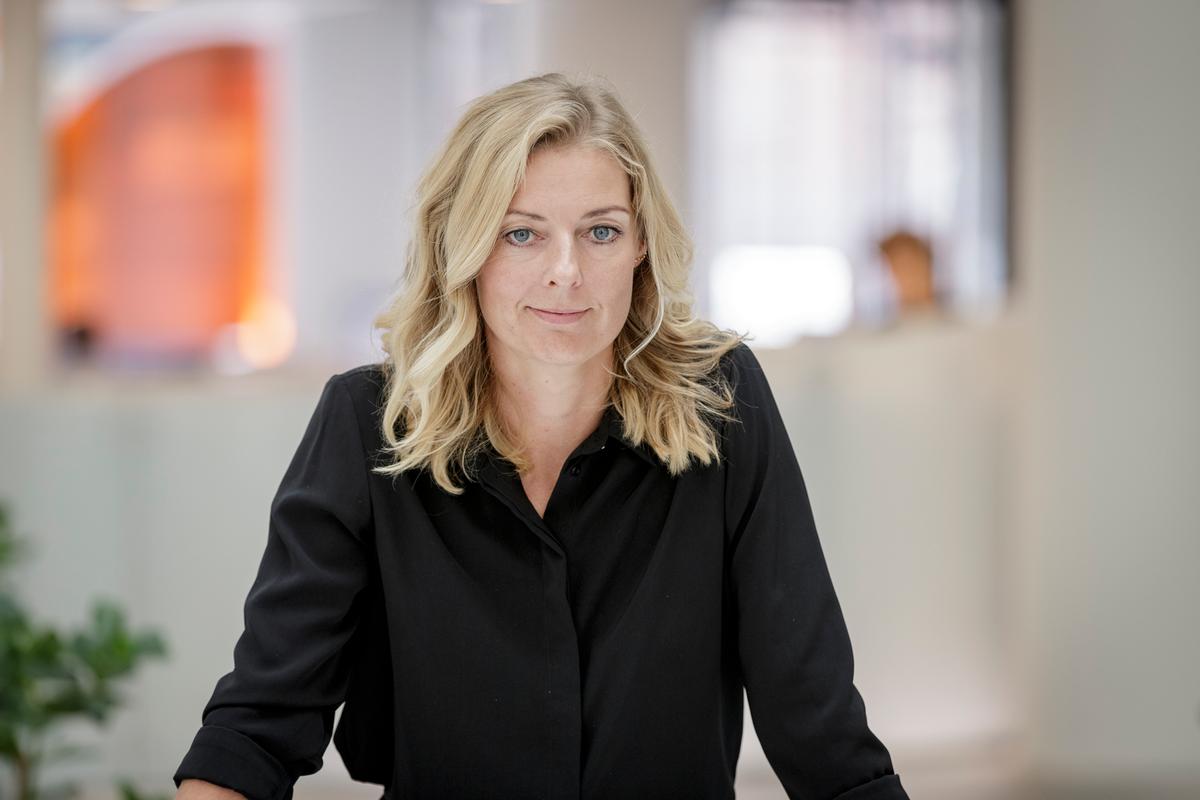
Mette Fjord Sørensen, Head of Research, Higher Education and Diversity at the Confederation of Danish Industry, thinks CBS can become a lot better at showing what its does research in. (Photo: Hans Sødnergård)
It is too difficult to figure out what research CBS researchers do, if you ask Mette Fjord Sørensen, Head of Research, Higher Education and Diversity at the Confederation of Danish Industry. And at a time when natural sciences are in the spotlight, humanities and social sciences need to step up and show how they can be useful to society and companies, she argues.
“No, CBS is not.” That is the short answer Mette Fjord Sørensen, Head of Research, Higher Education and Diversity at the Confederation of Danish Industry (DI) gives to the question of whether CBS is good enough at clarifying what research it conducts.
But there is more to her relatively short answer.
“I have asked your president to clarify the areas your research covers more distinctly. Because right now, it’s pretty hard to figure out. It would make sense to look at CBS’ webpage for this kind of information, but you won’t stumble across a lot of good examples there,” she says.
Mette Fjord Sørensen’s statement comes in the wake of a debate started by Professor Emeritus Niels Bjørn-Andersen and PhD Fellow Niels Buus Lassen, both from the Department of Digitalization at CBS. They argue that researchers waste too much time and money writing articles no one cares to read and that too much research has little or no impact on society. Instead, researchers, universities and politicians should align themselves more with what companies and society at large are looking for and disseminate their research more efficiently.
“We are a knowledge society, and if we are not good enough at disseminating knowledge then the investment is not worth much,” says Mette Fjord Sørensen.
Her job keeps her in contact with many different companies. Companies that could make use of CBS research but are unfortunately unaware of its existence or where to find it. She suggests that CBS should list research or research themes of potential interest to companies.
“One way to figure out what research CBS is conducting is through its research publications. But then you need to sit down and spend a lot of time searching for it, and that’s not something companies do. Instead, details of research projects currently being conducted could be collected under a heading something like ‘Did you know that we are investigating how companies can use digitalization more efficiently?’. Then it would be easier for us to connect CBS up with relevant companies,” she explains.
Companies from Mars and researchers from Venus
Mette Fjord Sørensen acknowledges that there are fundamental differences in how companies and researchers work and think, which is why it is important for researchers and companies to join forces more closely and explore how they can exploit their strengths together.
We are a knowledge society, and if we are not good enough at disseminating knowledge then the investment is not worth much
Mette Fjord Sørensen
“I think you can say that companies are from Mars and researchers are from Venus. Companies would like to develop new products and services, while researchers want to publish scientific papers and get citations. So, it’s about finding ways of collaborating that benefit both parties,” she says and mentions the example of a so-called shared professorship.
“The University of Aalborg and the electronics company Bang & Olufsen have made a shared professorship. This means a professor spends part of the week at the university and the rest at Bang & Olufsen. He can bring the latest knowledge from Bang & Olufsen back to the university and vice versa,” she says and continues:
“I would love it if we had more arrangements like that. CBS is in a unique position in this respect, as CBS is in close contact with companies, although mostly the big ones. But I know for certain that a lot of small and medium-sized businesses would benefit from shared professorships.”
The Holy Grail is not always within reach
Another way to make Danish research useful for companies and society is to nudge it in a useful direction. For example, Niels Bjørn-Andersen suggests that researchers should be asked how their research can contribute to the UN’s 17 Sustainable Development Goals or how it can help to accelerate the green transition. Mette Fjord Sørensen thinks that indicating directions for researchers is a good idea that can be achieved without discarding freedom of research.
“It makes a lot of sense to invest in research related to the green transition, but this doesn’t mean that we should only investigate renewable energy, for example. It’s fine to outline a direction, but we shouldn’t micro manage research at the expense of freedom of research,” she says, adding:
“In general, I think we need a discussion about priorities. After all, it’s crucial that we create value for society. When we invest DKK 1 in research, we get DKK 1.25 in return. So, it’s good business, but we must keep in mind how we invest that money best.”
Another point is that smart investments don’t necessarily always produce the results you expect or results that are useful right now, right here, and that’s perfectly fine, explains Mette Fjord Sørensen.
Sometimes it takes years – decades – before research is put to use. Other times, it’s applicable right away
Mette Fjord Sørensen
“We can’t find the Holy Grail every time. Instead, we find roads that we definitely shouldn’t take. And it’s important to communicate that knowledge too. A lot of scientific journals only include results if they are somewhat positive, otherwise you can’t get them published. And then there’s the question of applicability,” she says and continues:
“Sometimes it takes years – decades – before research is put to use. Other times, it’s applicable right away. Just think about Einstein. He predicted the existence of gravitational waves, a theory that was only just confirmed a couple of years ago, decades after Einstein’s death. But that doesn’t make his theory less valuable for that reason.”
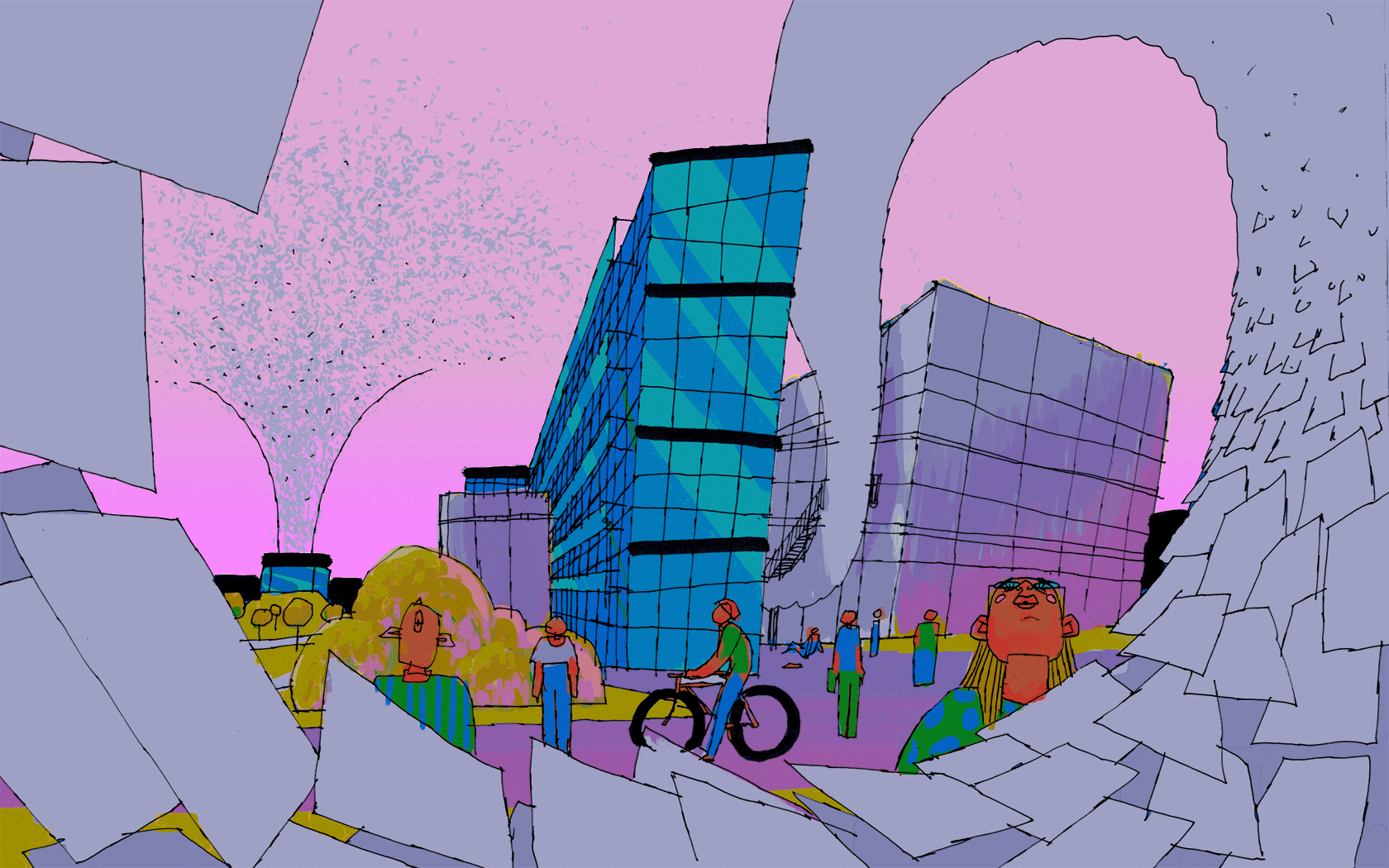
GIF: Emil Ernst Friis



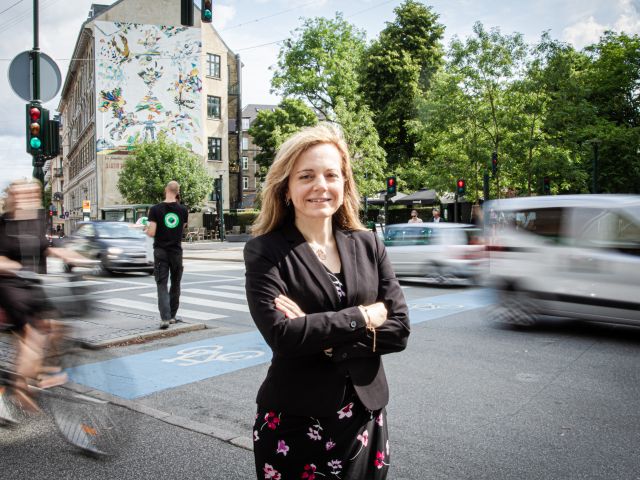
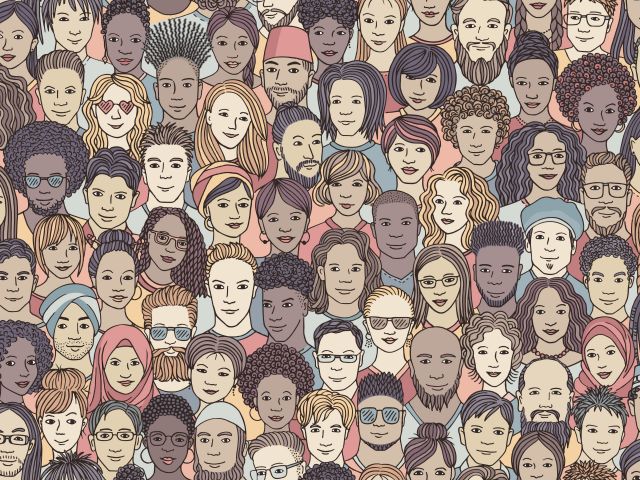

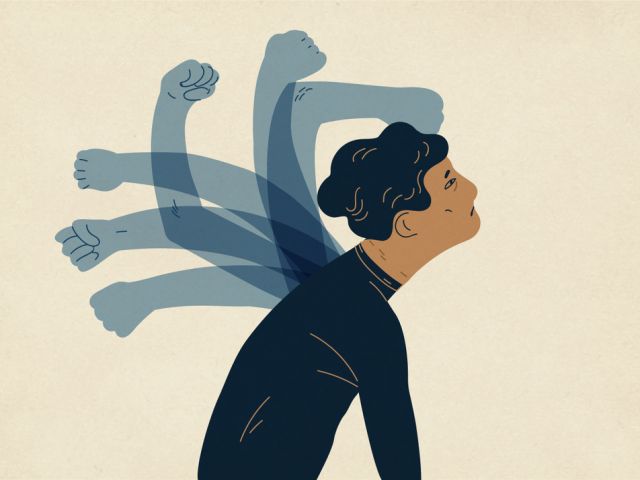
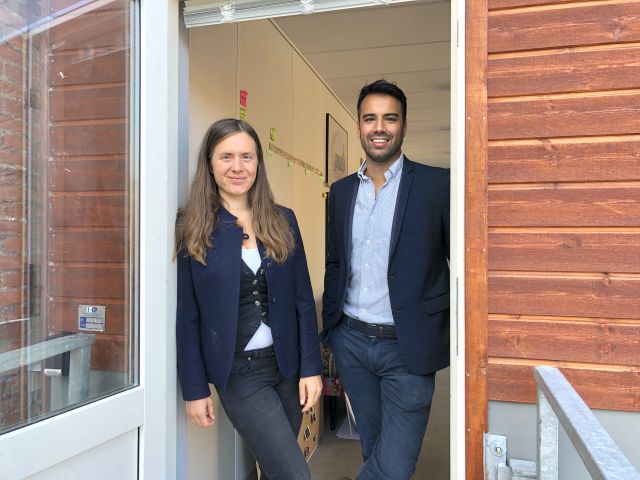
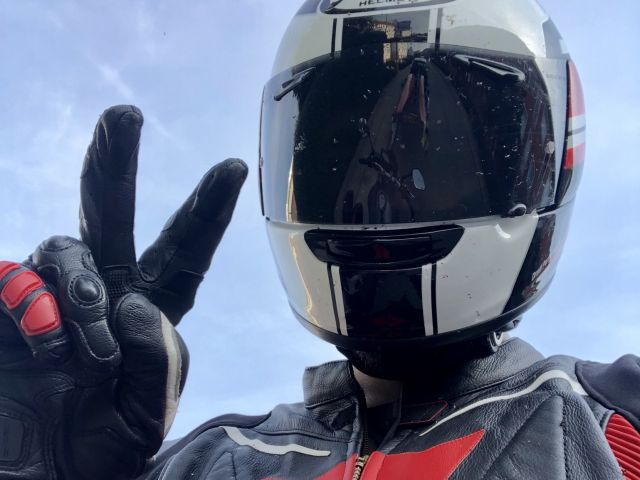




























































































































Comments